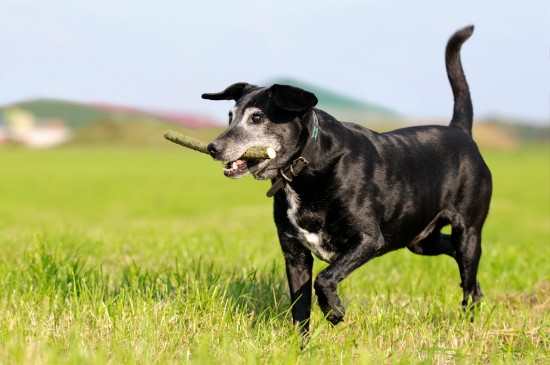
Here are some of the most commonly asked questions about Pasture Management:
How much land do I need to keep a horse?
The general rule is one horse to one acre of land. It may be useful to know that you can keep 3 to 4 sheep to an acre.
What sort of fencing is suitable for livestock?
You need to be careful of barbed wire around horses - this is why horses are so often kept in post and rail enclosures. Smaller animal such as sheep need stock netting so that younger offspring can not escape this is often topped with wire to make the enclosure safe for larger animals as well.
What about temporary fencing?
Temporary fencing would usually mean an electric strand or wire. In the case of sheep a double strand will be necessary. The wire is threaded through easily removed and lightweight fence posts so that a field can be quickly and easily divided for pasture management. Often horses will need only small exposure to grass to help control foot problems such as laminitis or you may be trying to control the effects of poaching on the ground. Such fencing is also used where permanent fencing may be unsightly such as beside drive-ways or garden area's.
Are there different types of grass?
There are many different types of grass and grass mixes for livestock pasture. A dairy cow will need a completely different nutrient level to a grazing sheep and a thoroughbred horse will need a different intake to a Shetland pony. This is not to say that some grass lays can not be extremely versatile but they will affect your animal's health and should be chosen carefully.
What machinery do I need to keep my paddocks in a suitable condition?
One of the most effective machines will be the livestock that you choose to keep. They will act as mowers and give your ground some nutrient regeneration as well as helping to keep down weeds. There are some weeds that you will have to control yourself either manually or with chemicals and machines. Annual tasks such as harrowing and rolling will require the use of a tractor and as such equipment is usually expensive and large to keep normal practice would be to employ a local contractor to carry out basic maintenance tasks.
What work could I do alone? You can do nearly all your own paddock management if you feel you know what you are doing. However often it is the expense of the machinery and tools required coupled with the infrequency of the jobs to be done that make the use of a contractor attractive. They will be able to complete many tasks quickly and efficiently with a small team which may take you may man hours to do with limited hand held equipment and with limited success.
The answers set out here will help you understand the fundamentals of paddock maintenance and management.
Steve Phillips has children who keep ponies and he is aware of the need for good paddock maintenance. Planning ahead for the year takes the hassle out of this and he invariably relies on GreenPaddocks for advice and support. They also undertake routine paddock topping and other tasks for pasture management.
 Ten 10 Ideas For Involving Your Dog In Your Wedding, Civil Ceremony Or Vow Renewals
Ten 10 Ideas For
Ten 10 Ideas For Involving Your Dog In Your Wedding, Civil Ceremony Or Vow Renewals
Ten 10 Ideas For
 6 Dog Breeds That Are Not The Best Choice For First-time Owners
6 Dog Breeds That
6 Dog Breeds That Are Not The Best Choice For First-time Owners
6 Dog Breeds That
 Why Physical Examination Is Important For Your Pet
Why Physical Examination Is Important For Your Pet
Why Physical Examination Is Important For Your Pet
Why Physical Examination Is Important For Your Pet
 How To Feed A Dog After A Bout Of The Runs
How To Feed A Dog
How To Feed A Dog After A Bout Of The Runs
How To Feed A Dog
 Does Nutrition Play A Role In Treating Kidney Disease In Dogs
Does Nutrition Pl
Does Nutrition Play A Role In Treating Kidney Disease In Dogs
Does Nutrition Pl
Copyright © 2005-2016 Pet Information All Rights Reserved
Contact us: www162date@outlook.com